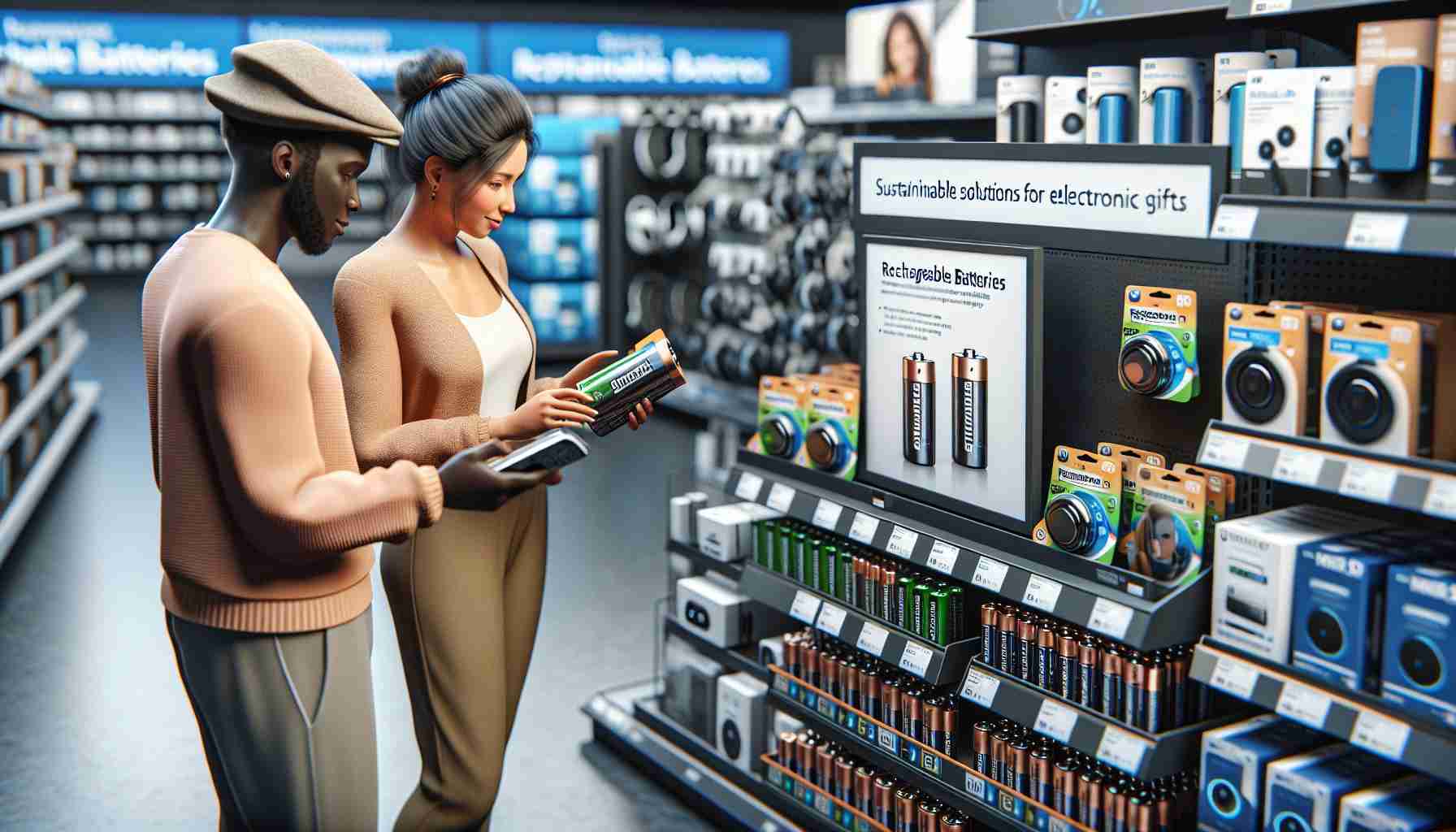The electronic gifts you received in December might be running out of battery by now. Many of these devices come with low-quality, single-use batteries that are convenient for the manufacturers but end up being wasteful for consumers. As a result, perfectly good toys and gadgets often end up in thrift stores or garbage carts because parents get tired of constantly replacing batteries. But there is a simple and sustainable solution: rechargeable batteries.
Rechargeable batteries are not only cost-effective but also help break the cycle of battery disposal and purchase. They work well for items that are used regularly and can save you a significant amount of money in the long run. However, they may not be suitable for items that are stored for long periods of time, as they tend to lose their charge gradually over time.
When it comes to choosing a battery charger, many people opt for standard chargers instead of universal chargers. Despite the small price difference, standard chargers are usually preferred because they can handle AA and AAA batteries, which are the most commonly used sizes. Universal chargers, on the other hand, can handle a wider range of batteries, including C, D, and 9-volt batteries. However, people often avoid universal chargers because they believe that larger batteries, such as those used in flashlights, might lose their power after storage or due to high-drain usage.
In terms of cost, rechargeable batteries may seem more expensive upfront compared to disposable batteries. However, it’s important to consider the fact that rechargeable batteries can be recharged 600 to 1,000 times, depending on their specifications. This means that their effective cost per use is significantly lower than that of disposable batteries. Additionally, both rechargeable and lithium batteries, which last longer than alkaline batteries, are more easily recyclable.
To ensure safe battery usage and recycling, it is recommended to tape the ends of batteries before disposing of them. It’s also important to avoid mixing batteries from different manufacturers or with different capacities or chemistries. Instead, opt for batteries from the same brand and of the same type to enhance performance and reduce potential risks.
By switching to rechargeable batteries and adopting responsible battery recycling practices, we can contribute to a more sustainable and environmentally-friendly future. So, the next time you’re faced with the choice of buying batteries for your electronic gifts, consider the long-term benefits of rechargeable batteries and make a more conscious purchasing decision.
Important information about rechargeable batteries:
1. What are rechargeable batteries and why are they beneficial for the environment?
Rechargeable batteries are batteries that can be recharged and used multiple times. They are more economical and create less waste compared to disposable batteries. They can be used in many devices and can save a lot of money in the long run.
2. Are rechargeable batteries suitable for all devices?
Rechargeable batteries are ideal for devices that are regularly used. However, they are not recommended for devices that are stored for long periods of time, as they gradually lose their charge over time.
3. How to choose the right battery charger for rechargeable batteries?
Many people choose standard chargers over universal chargers. Standard chargers are more popular because they can handle the most commonly used battery sizes, such as AA and AAA. However, universal chargers can handle a wider range of batteries, including C, D, and 9-volt batteries. There is a belief that universal chargers may lead to power loss in larger batteries.
4. What are the economic benefits of rechargeable batteries?
Although rechargeable batteries may be more expensive upfront compared to disposable batteries, it’s important to consider that they can be recharged 600-1000 times. This means that the effective cost per use is significantly lower than disposable batteries. Additionally, both rechargeable and lithium batteries, which have a longer lifespan than alkaline batteries, are more easily recyclable.
5. How to safely use and dispose of batteries?
It is recommended to tape the ends of batteries before disposing of them. It is also important to avoid mixing batteries from different manufacturers or with different capacities or chemistries. Instead, choose batteries from the same brand and of the same type to enhance performance and reduce potential risks.
6. What are the benefits of switching to rechargeable batteries?
Switching to rechargeable batteries and practicing responsible battery recycling contributes to a more sustainable and environmentally-friendly future. Consider the long-term benefits of rechargeable batteries when making conscious purchasing decisions.
Possible related links:
– BateriaSumable.com.pl
– Bateria-Akumulator.pl
The source of the article is from the blog lanoticiadigital.com.ar
